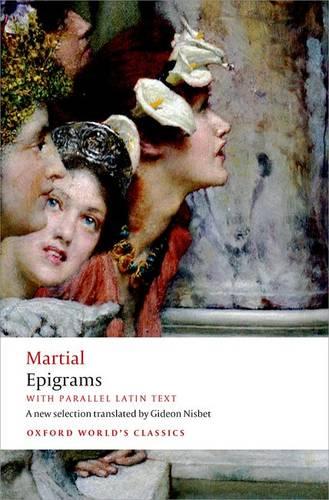The book explores Martial's epigrams through the lens of their social and economic context, highlighting the interplay between the texts and their environment. It emphasizes the ambiguity and paradoxes inherent in Martial's work, particularly in how the epigrams navigate the tensions of their time.
William Fitzgerald's 'Martial: The World of the Epigram' offers a fresh perspective on Martial's poetry by examining the relationship between the epigrams and their context. The book is praised for its rich interpretations and theoretical insights, particularly in addressing the hermeneutical question of how to connect texts with their environment. Fitzgerald's analysis highlights the ambiguity and paradoxes in Martial's work, such as the tension between permanence and ephemerality, and the complex dynamics of ownership and readership. The study also delves into the political and social dimensions of Martial's epigrams, particularly the use of ambiguous language and the strategic placement of key terms like 'Caesar'. Overall, the book is seen as a valuable contribution to Martial scholarship, offering new ways to understand the interplay between the epigrams and the world they reflect.
Quick quotes
F.’s volume is valuable no less for the wealth of individual interpretations of Martial’s poems it proposes than for its theoretical corollaries.
In F.’s work, intra- and extratextual considerations come equally to bear on the interpretation of Martial’s poetry.
The central item on the list of lexical items for which the possibility of a disconnected perception is most on hand is _Caesar_ — ”a family name that had become a title” (p. 51).
